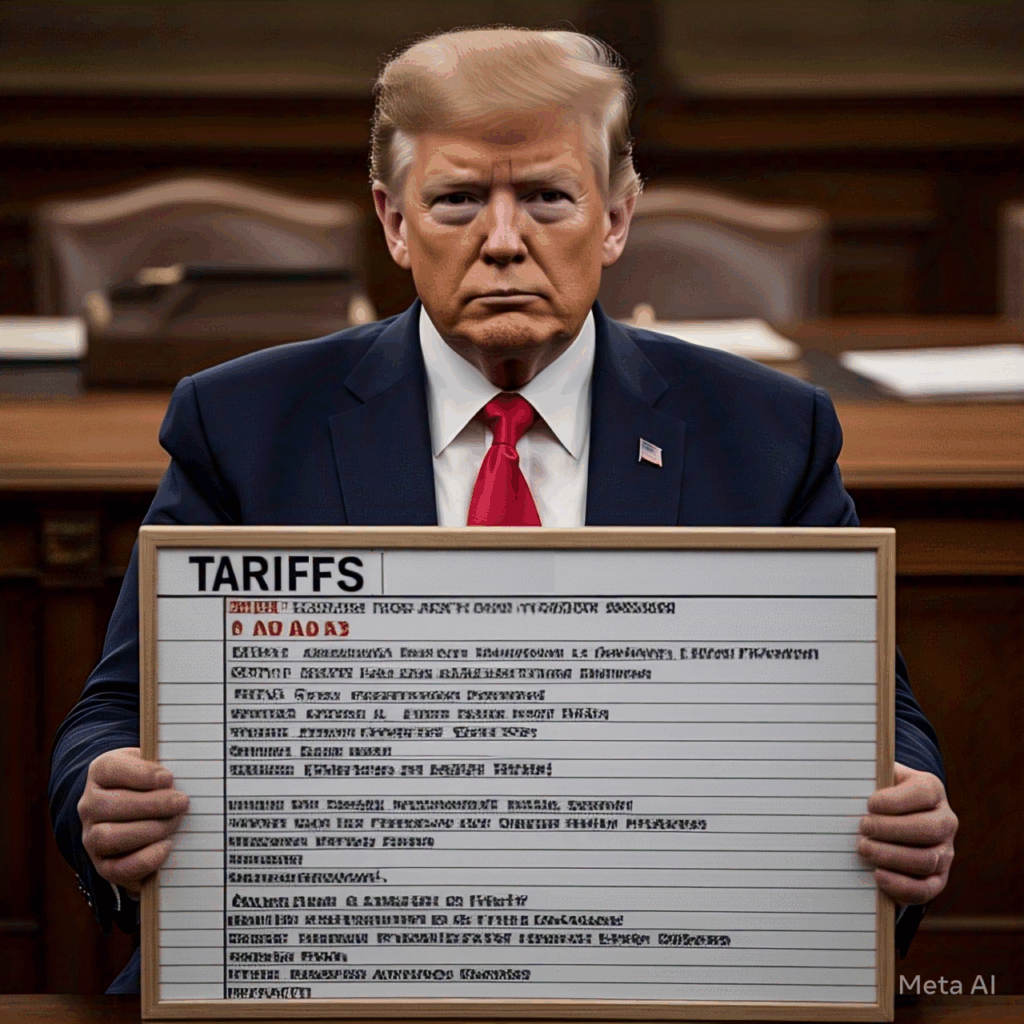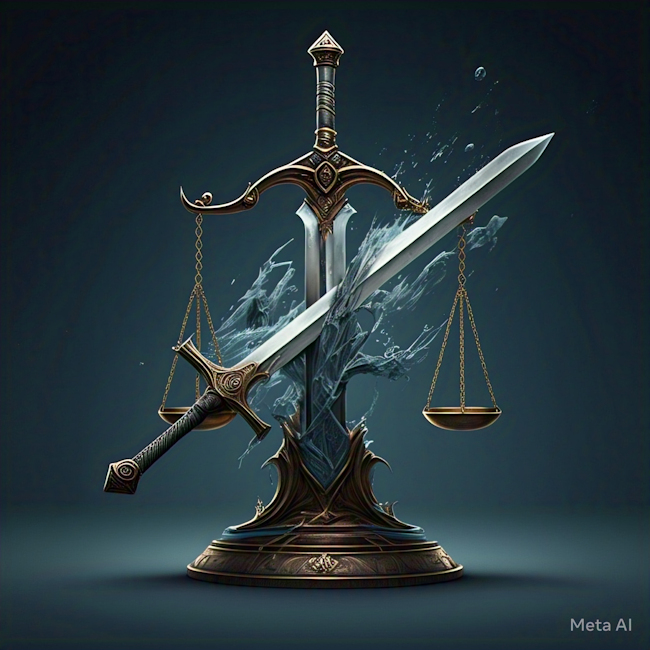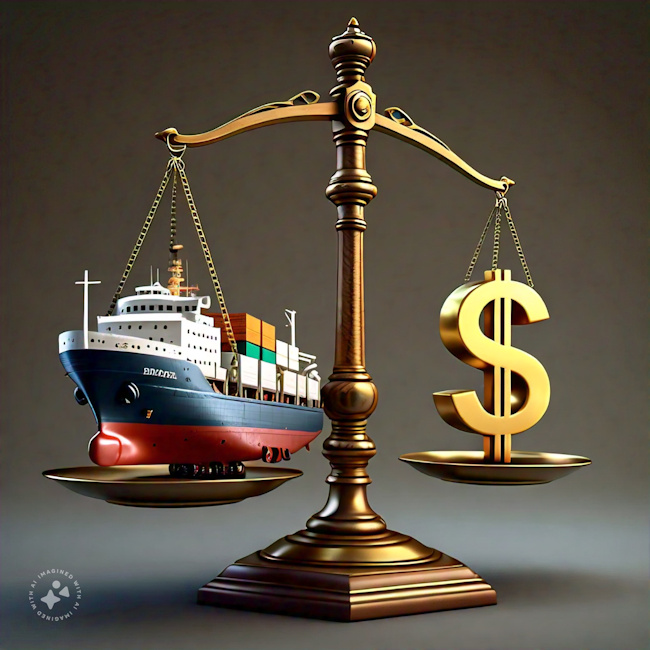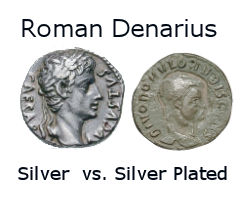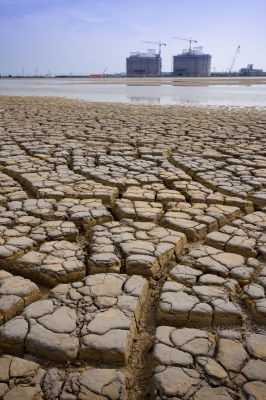Argentina’s “Chainsaw policy” shows how stifling red tape and bureaucracy can be and how beneficial eliminating it can be. Two months after Milei assumed the presidency, nine thousand state jobs had been eliminated, and by the end of March fifteen thousand layoffs had been ordered. Furthermore, when Javier Milei spoke at the IEFA Latam Forum, he mentioned that seventy thousand contracts of public employes were going to be canceled. He also mentioned that two hundred thousand social programs were eliminated, and public works were also eliminated.
Not surprisingly, the state has not only not collapsed, but it has experienced its third consecutive fiscal surplus, showing unequivocally to the world that the excessive state bureaucracies do nothing but harm.

